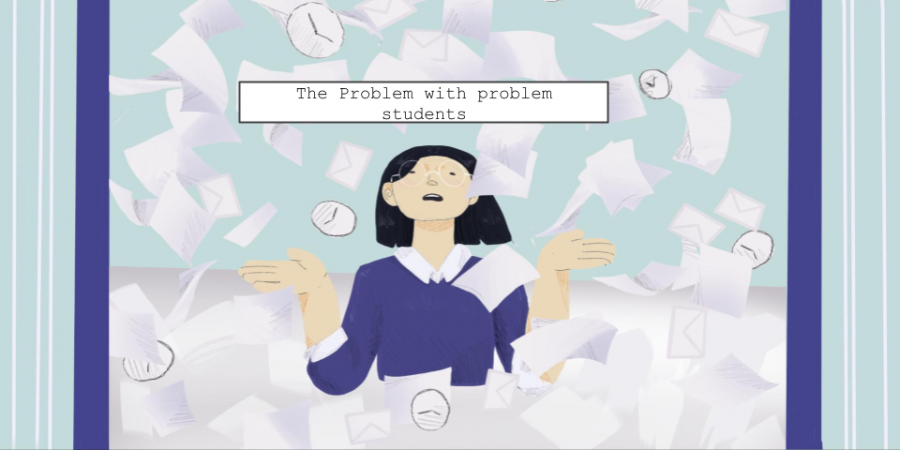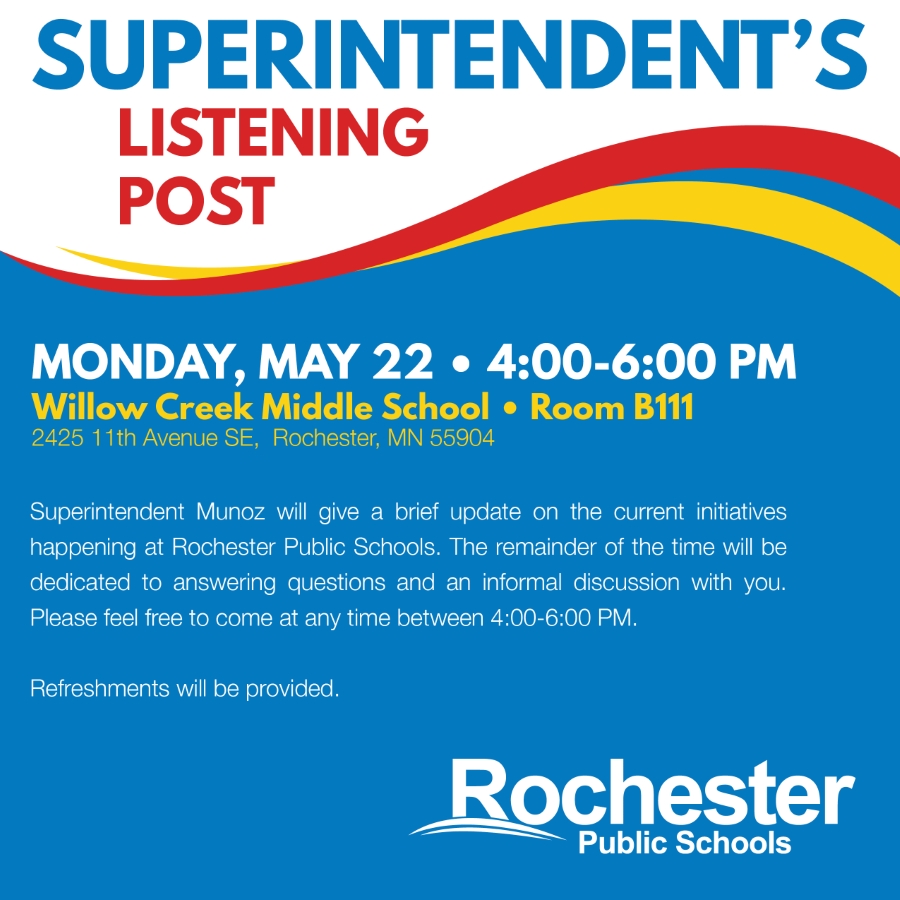The problem with problem students
December 2, 2021
Modern society is full of academic elitism which allows people to judge underachieving students and feel judged themselves. Many have a hard time empathizing with struggling students, assuming that the problem is a byproduct of laziness and that struggling was their choice, but it’s much more complicated than that. To bring perspective, the Mayo Advocate will be taking a closer look at the experiences of a Mayo student who spent some time at the Alternative Learning Center (ALC).
For many reasons, some that will soon be addressed, this student will remain anonymous and from now on be referred to as Sparty.
Impact of judgements
It’s shameful not to be high-achieving. More specifically, it’s shameful to not succeed when it’s demanded. Judgments regarding academics are casually admitted towards those who do not meet the standard, which can warp views on students who are receiving services they might need to improve their academic career. This mindset impacts many students who are struggling, causing them to avoid pursuing help in fear that they may be looked down upon. For some, the struggle is more appealing than feelings of inadequacy.
Sparty himself previously held negative views towards students who attended ALC. “Before I went to ALC, I was like ‘oh this is just a school for failure and like bad kids’ but now I see that it can be for anybody who really needs it… just ’cause you go there doesn’t mean you are bad or a failure. It just means you need a different setting for school.”
Despite Sparty’s changing views on those who attend ALC, he still feels uncomfortable with the idea of others knowing he attended that school; he’s aware of the stigma related to students attending ALC and knows many people have outlooks similar to his previous view.
Where the problem might start
Sparty’s strenuous academic career didn’t begin with a world-shattering life event, but with one of the most common and damaging mistakes a student could make; “…I would procrastinate, and then I would end up not doing an assignment, and then I would fall behind, and it’d be really hard to get back on topic or on track.” Sparty fell into what a friend dubbed “The Cycle of Academic Agony,” a frequent phenomenon in which a student falls behind, causing them to feel less motivated to catch up, resulting in their falling further behind.
Catching up
A decent portion of students experience an academic low period, often lasting weeks, months, quarters, or years. Students who experience this low point feel trapped, and the urge to quit because they are bombarded by their mistakes seems inescapable. The solution to this is surprisingly simple but extremely frustrating. Sparty actually put it best: the most effective way to catch up is, “just grinding for a really long time.”
Easier said than done, right?
What works to regulate or help someone catch up on work is extremely individual, varying greatly from person to person. Some people have alarms or reminders and work a little bit over an extended time, while others power through everything in one go. Some people set goals and grant themselves rewards if they reach them, while others find that approach to difficult to sustain. Many students seek support from the school staff or tutors, while others meet regularly with some of their teachers. Not all things work best for all people, so it might be good to test the waters and mix and match these methods to figure out what works best for you.
Another method to help the feeling of being overwhelmed by the workload is to write out what you need to accomplish. Set a schedule for when you would work on these items rather than randomly hopping from subject to subject for indiscriminate amounts of time. A “to do” list is a very effective way of getting things done, and it’s tangible, you can see your progress as you finish some of the tasks on the list.
Finding time to just “sit and grind” is hard; finding motivation is even harder. Many students who struggle to self motivate might benefit from external assistance, though it might not seem very appealing to a lot of students. Receiving help can be for the best, even if you’re ashamed. That is probably the biggest lesson Sparty learned at ALC. He had been struggling with mainstream school and was recommended to ALC by his counselors. He was a bit wary at first but quickly realized that the Alternative Learning Center was what he needed to improve.
Avoiding the problem in the first place
Preparing a dedicated time of day to get work completed and to take breaks can be really effective in the process of staying on track. Checking yourself or asking a friend to hold you accountable for procrastinating your duties can also be necessary to ensure that you do not fall behind. Focus on the release and freedom you’ll experience getting your work done ahead of time rather than stressing and struggling to get your work done the day before its due. With that in mind, you are the person who decides how you spend your time, and it’s up to you on how you approach your work time.
How can you as a friend help
When one of your peers or possibly a student is struggling, finding ways to support them seems slim. Sometimes this is true; fixing another person’s problems isn’t your responsibility, but providing any support you can could be the push somebody needs to succeed. What that push is can involve many things. For Sparty, the difference was moral support and structure as he works; he needed a positive presence to help him feel comfortable receiving support. “My experience was really good, like I felt like the teachers were more understanding and cared more about how I was doing. Instead of, like, asking, ‘why is your work not done?’ they are like, ‘how can I help you get your work done?’-so that was good.”
On the other hand, some people could need the exact opposite. Excess attention could possibly push them to shrink or panic. A good rule of thumb is simply asking the person how you can support them properly.
In Conclusion
What helps you be a better student and ensure you are learning varies greatly and takes time to figure out. Reserving time to think about where you’re struggling and whether or not you should ask for help is important because being aware of your situation will help you out in the long run. Holding biases against methods of help can hinder people’s ability to grow, and judging others or yourself based solely on academic success is unhealthy and ignores many aspects that influence how someone performs. Remember to be kind to yourself and be open to alternate solutions for your problems.





